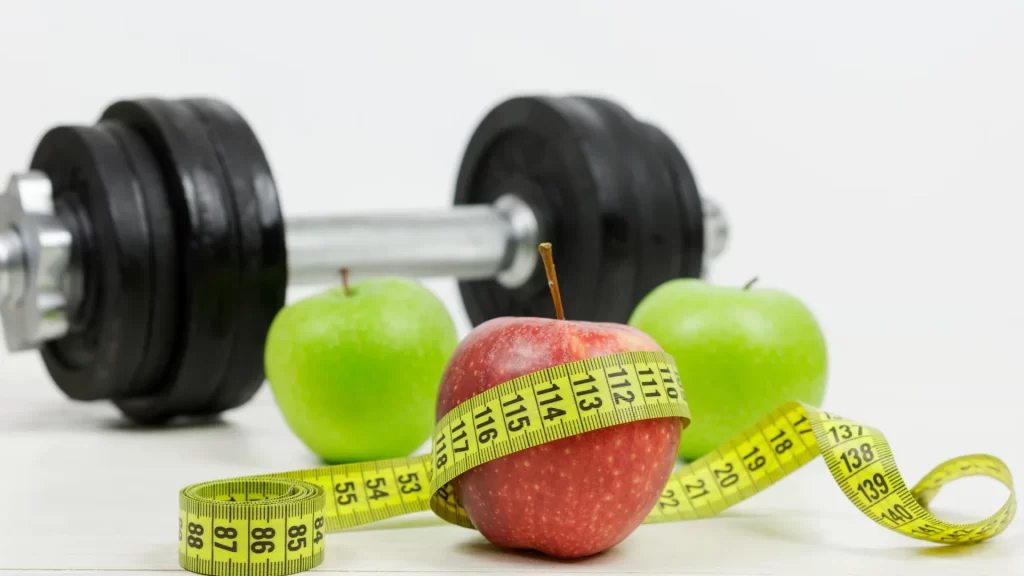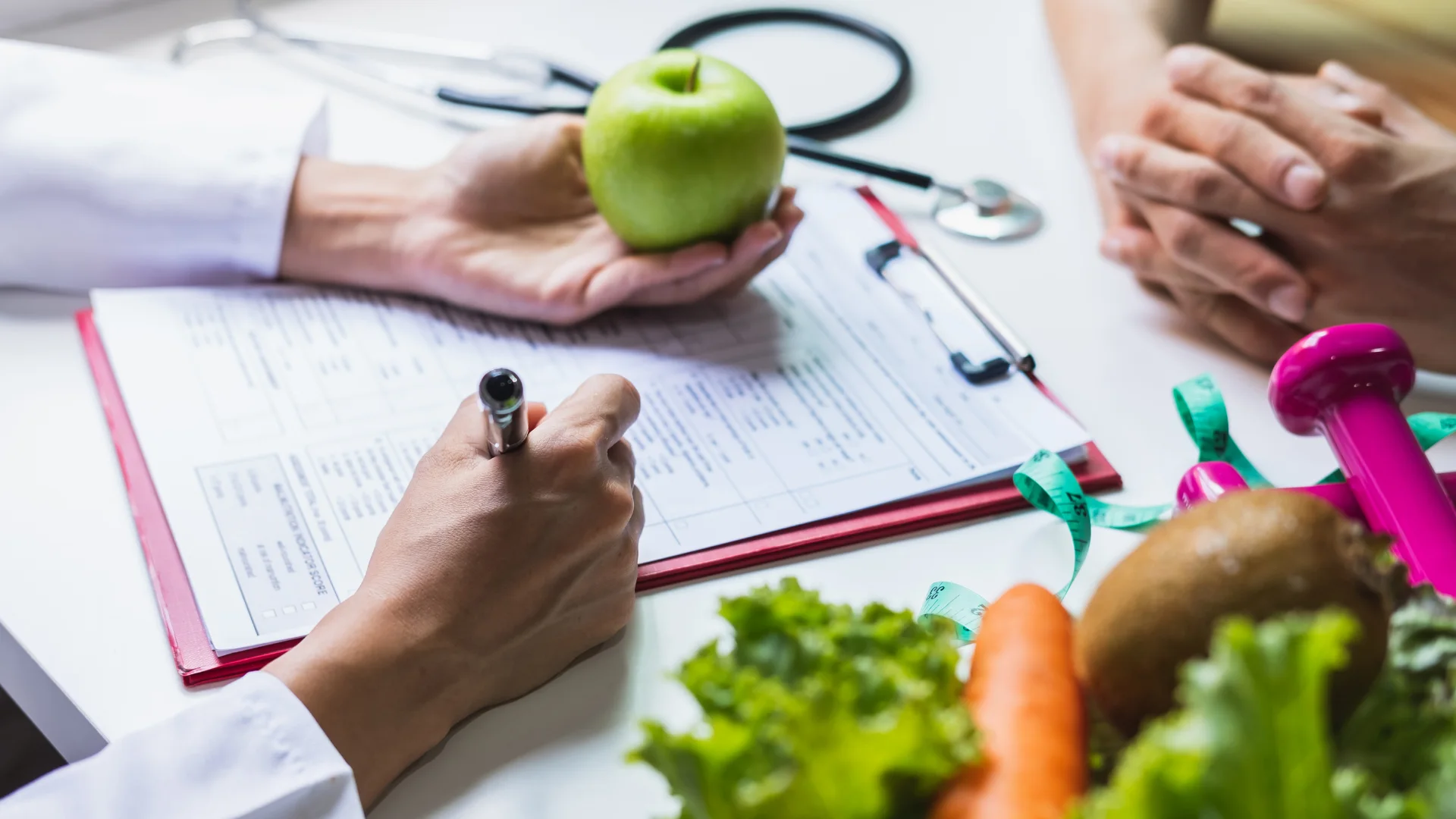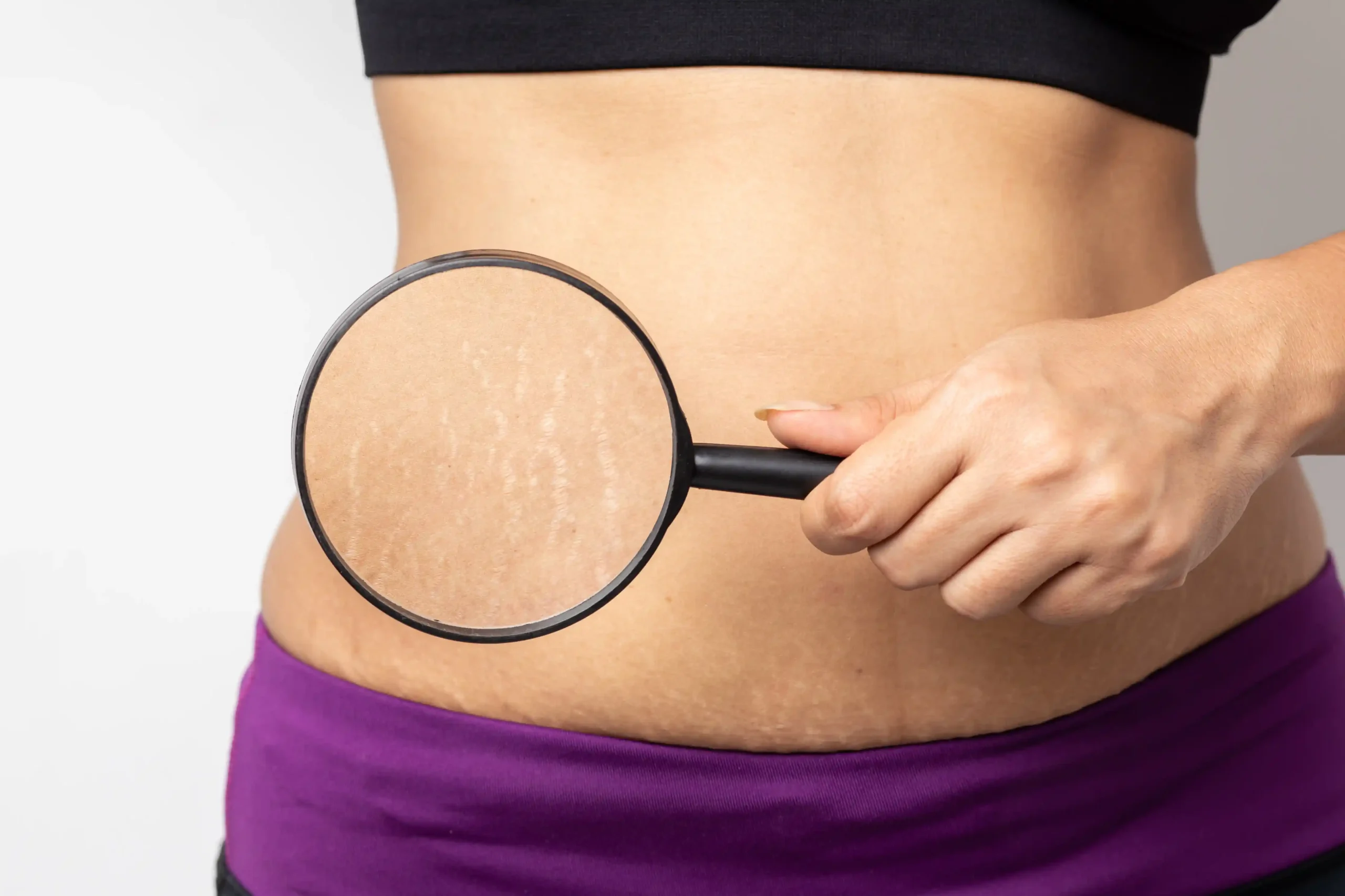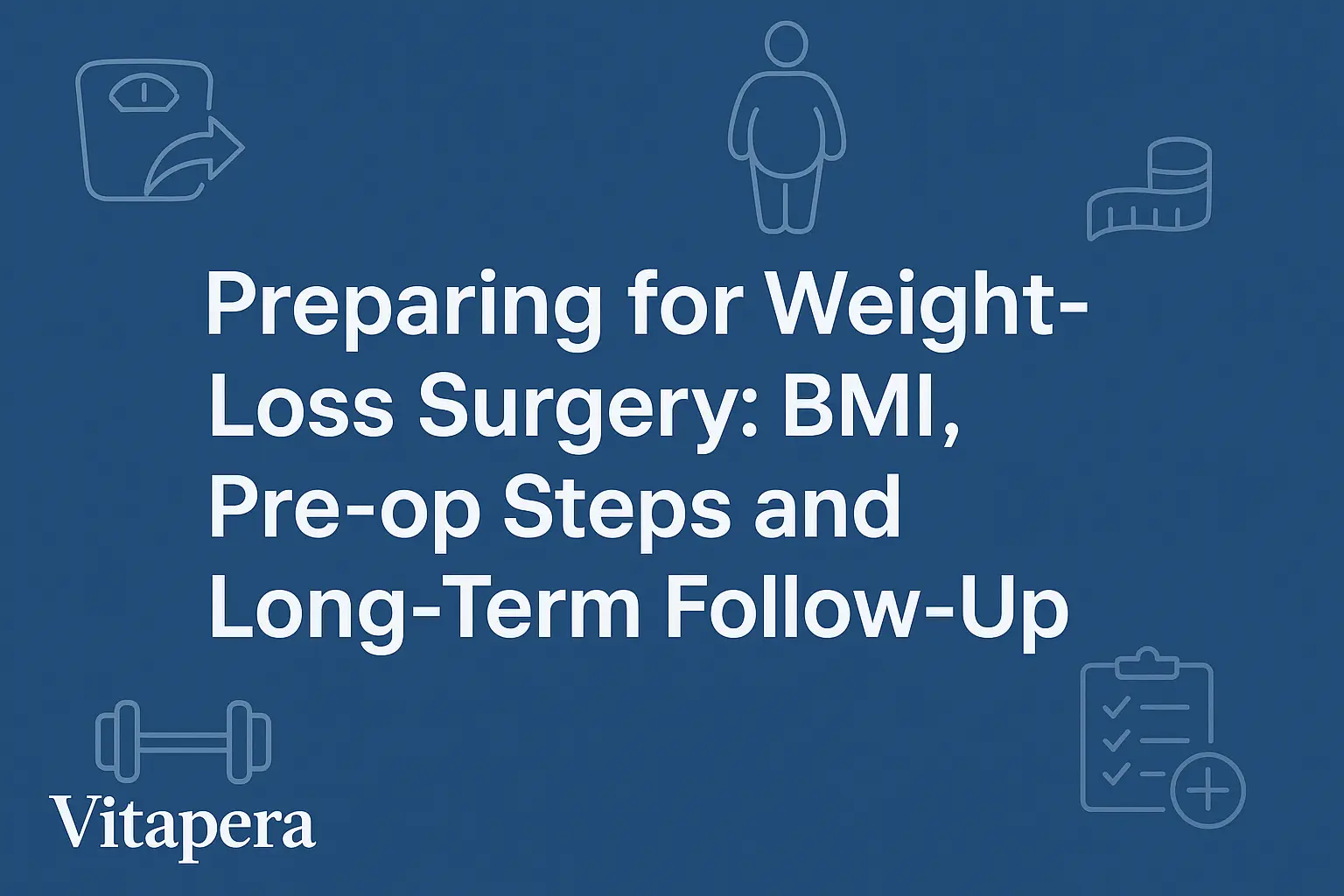Setting out on a path to become a healthier, more vibrant version of yourself is both inspiring and transforming. Individuals who have undergone gastric surgery or liposuction have unique hurdles and possibilities on their path to reaching their desired outcomes. It’s vital to realize that these medical treatments are only the beginning of your change; in order to genuinely thrive, you’ll need to combine nutrition and exercise.
This blog will delve into the realm of post-surgical care, providing helpful suggestions, advice, and insights for gastric and lipo patients. Whether you’re just starting out or looking for ways to improve your existing regimen, we’ve got you covered. Let’s get started!
Patients Before/After Images After Liposuction and Gastric Procedures



What is Portion Control and Mindful Eating for Weight Management?
Portion restriction and intuitive eating are weight-control approaches that also safeguard your health and emotional well-being. Having a good dietary perspective is the key to living a healthy, pleasant, and long life. Here is a short list of things to keep in mind as you embark on your weight-loss journey:
Prioritizing Fruits and Vegetables in Your Meals
It’s critical to emphasize fruits and vegetables in your meals if you’ve had liposuction (lipo) or gastric surgery. Here’s why: For a good recovery and long-term health, you must first manage your weight and eat a balanced diet. Fruits and vegetables are your allies since they are low in calories but high in critical nutrients, allowing you to regulate your calorie consumption while still providing your body with the vitamins and minerals it requires.

Incorporating Whole Foods into Your Daily Diet
Incorporating entire foods into your regular diet as a lipo or gastric patient is a critical step toward a healthier and more complete recovery. Whole foods, such as fruits and vegetables, lean meats, and whole grains, should form the foundation of your meal plan.
These meals are high in critical nutrients, giving your body with the vitamins and minerals it requires to heal and remain healthy. Whole foods are also lower in calories and saturated fats, making them great for weight control, which is an important part of your post-surgery journey. Furthermore, they provide the fiber required to aid digestion, control blood sugar, and prevent overeating, which is very important for gastric patients to avoid pain.
Understanding and Managing Sugar Intake
Understanding and limiting your sugar intake after liposuction (lipo) or gastric surgery is critical for your post-surgical well-being. Sugar has a negative influence on your health and recuperation. Excess sugar consumption might lead to weight gain, which you’ll want to avoid if you want to keep your lipo results or avoid issues as a gastric patient.
To properly manage your sugar intake, begin by carefully reading food labels and identifying sources of added sugars in your diet. Foods and drinks high in added sugars should be avoided since they contribute to excess calorie consumption. Instead, concentrate on natural sugars found in entire fruits, which give critical nutrients and fiber without generating high blood sugar increases.
The Role of Macronutrients
Understanding the importance of macronutrients in your diet after having gastric or liposuction surgery is crucial for your overall health and well-being. Macronutrients, which include carbohydrates, proteins, and fats, are essential in post-surgical nutrition.
It is critical to balance these macronutrients according to your unique dietary needs. Working with a healthcare practitioner or a certified dietitian may assist you in developing a meal plan that ensures you obtain the proper amount of carbs, proteins, and fats to support your recovery, maintain a healthy weight, and limit the risk of problems. Understanding the importance of macronutrients in your post-surgery diet will enable you to make informed decisions that will benefit your overall health.

The Benefits of Regular Exercise for Gastric & Lipo Patients
As someone who has had gastric or liposuction (lipo) surgery, adding regular exercise into your regimen provides a number of important health and healing advantages. For starters, exercise can help with weight control, which is important for both gastric and lipo patients. It aids in the burning of calories, the development of lean muscle, and the improvement of overall body composition.
Regular exercise also benefits cardiovascular health, lowering the risk of heart-related complications that might arise after surgery. It can improve your circulation and lung function, allowing more oxygen to reach your tissues and assisting in the healing process.
Furthermore, exercise provides psychological advantages such as stress reduction, mood enhancement, and an overall sense of well-being. This is especially crucial because surgery and rehabilitation may be emotionally draining.











